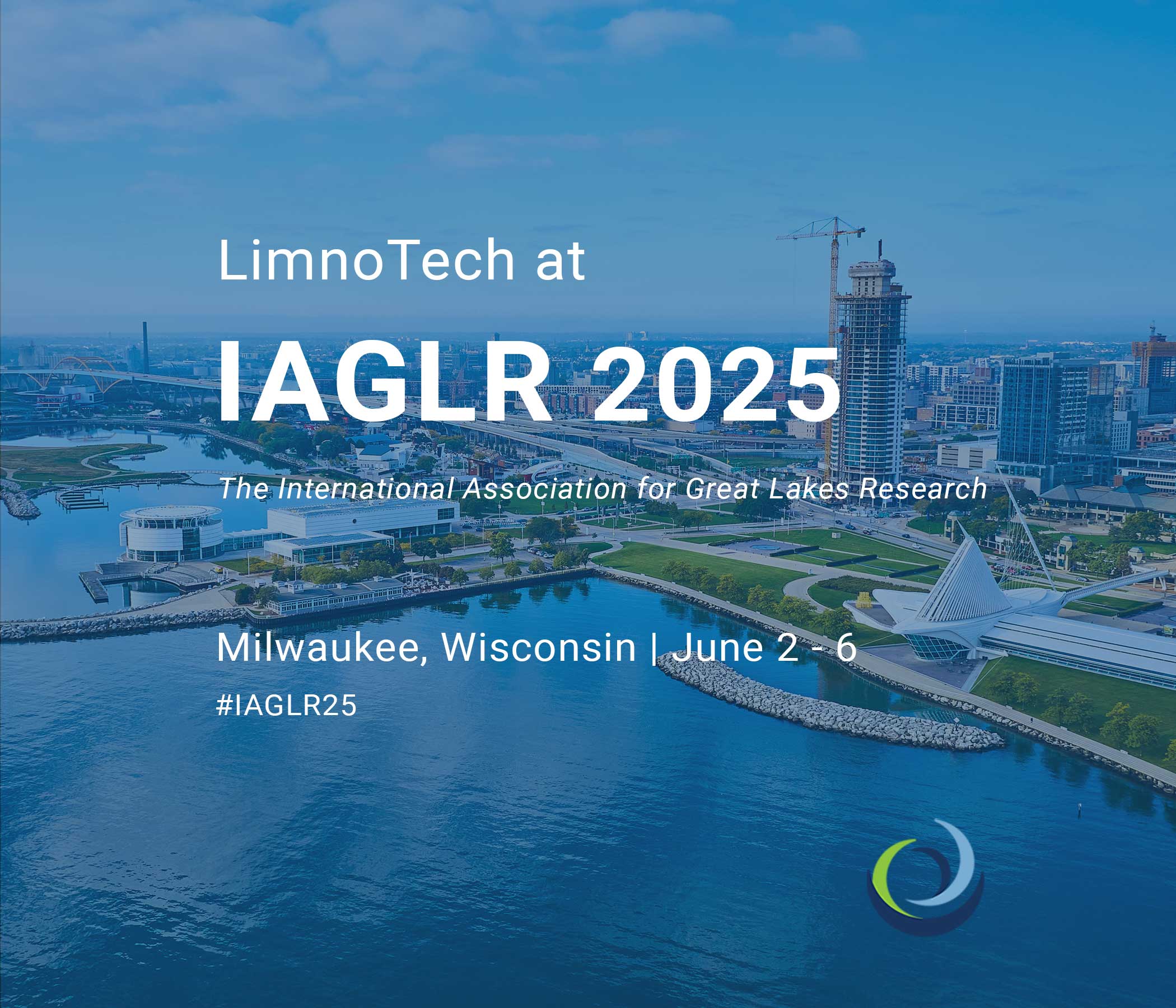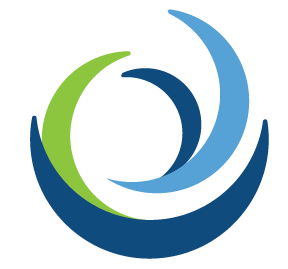
LimnoTech at IAGLR 2025
May 30, 2025
LimnoTech Engineers and Scientists will be at IAGLR’s 68th Annual Conference on Great Lakes Research in Milwaukee, Wisconsin.
The International Association for Great Lakes Research’s (IAGLR) 68th Annual Conference on Great Lakes Research will feature five days of inspiring science centered around the theme, Creating Great Lakes Resilience. The weeklong conference will be hosted virtually and in person at the Milwaukee Convention Center from Monday, June 2, to Friday, June 6.
Check out the IAGLR sessions and presentations LimnoTech staff are participating in below:
Performance of low-cost in situ oil sensors for detecting oil spills in fresh waters.
Tuesday, June 3 at 3:00 PM
Ed Verhamme and Greg Cutrell (Co-authors). Co-authors from other organizations: Drew Heckman and Ashley Moerke (Lake Superior State University), and Heidi Purcell (University of Michigan).
Advances in Real-Time Sensing: A decade of progress and counting!
Tuesday, June 3 at 6:00 PM
Ken Gibbons (Presenter), Ed Verhamme, Zach Gordon and Greg Cutrell (Co-authors).
A quick synthesis of harmful algal bloom knowledge in the Great Lakes.
Thursday, June 5 at 8:00 AM
John Bratton (Presenter), Ed Verhamme, Derek Schlea, Daniel Rucinski and Todd Redder (Co-authors).
Long-Term Water Column and Sediment Simulations using 3-Dimensional Lake Erie Ecosystem Model (LEEM).
Thursday, June 5 at 2:20 PM
Todd Redder (Presenter), Dan Rucinski and Derek Schlea (Co-authors).
Processes Controlling Harmful Algal Bloom Formation in Two Models Supporting Lake Erie Nutrient Adaptive Management.
Thursday, June 5 at 3:00 PM
Todd Redder (Co-Author). Co-authors from other organizations: Mark Rowe and Craig Stow (NOAA Great Lakes Environmental Research Laboratory), Reza Valipour (Environment and Climate Change Canada), Casey Godwin (University of Michigan Cooperative Institute for Great Lakes Research), Pengfei Xue and Chuyan Zhao (Michigan Technological University), James Pauer (US Environmental Protection Agency), and Dale Robertson (US Geological Survey).
Smarter Lakes Are Better Lakes: Digital Tools, Sensors, and Other Technology to Support Lake Science.
Friday, June 6 at 8:00 AM
Ed Verhamme (Session Co-Chair).
Where is all the phosphorus coming from? An online, high-density sensor network to track ag runoff in SE Michigan.
Friday, June 6 at 8:20 AM
Ed Verhamme (Presenter) and Chris Behnke (Co-author).
LimnoTech is also co-hosting a hybrid workshop on Wednesday afternoon, June 4, with the International Joint Commission and Potomac-Hudson Engineering. Approximately 80-100 participants will support the continued development of a decadal-scale science plan for the Great Lakes. The plan, building from the completed 2022 Science Strategy, will include proposed science priorities, funding details and sources, governance and decision-making structure, and the priority needs for investments.
Categories for funding include basic science, vessels and infrastructure, workforce development, and enhanced cultural understanding of linked Great Lakes ecosystems and human communities, including Indigenous approaches, that will be sufficient for managing and protecting the system over the next decade and beyond.
Please get in touch with the authors if you have questions or want to learn more about any of the presentations.
LimnoTech is also proud to be a sponsor of IAGLR 2025. If you are at the conference, see us at the LimnoTech and Freeboard Technology booth.
For more information, go to the IAGLR 2025 Conference website or check out the program.




